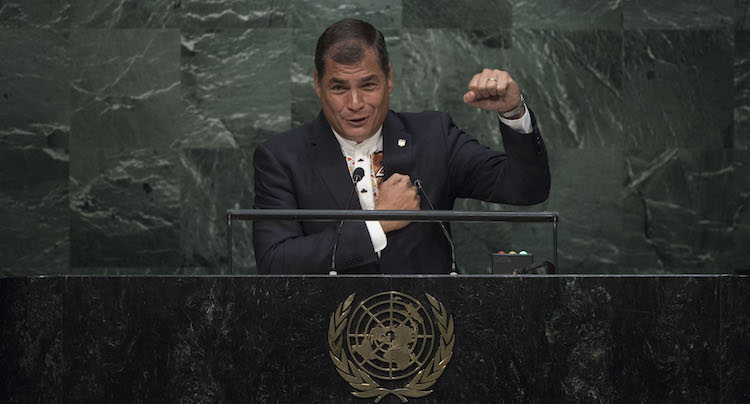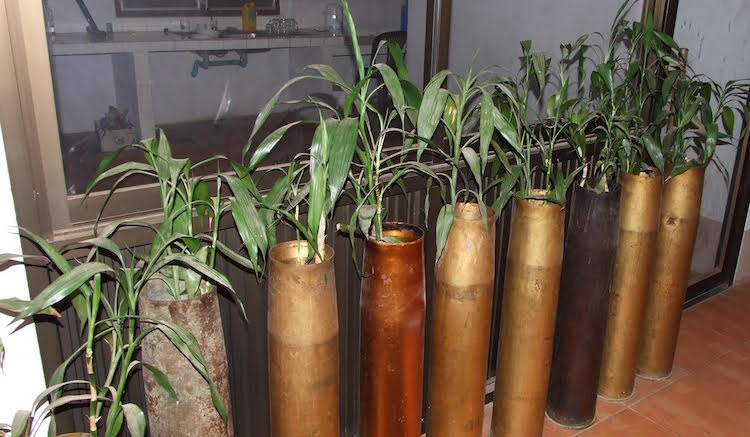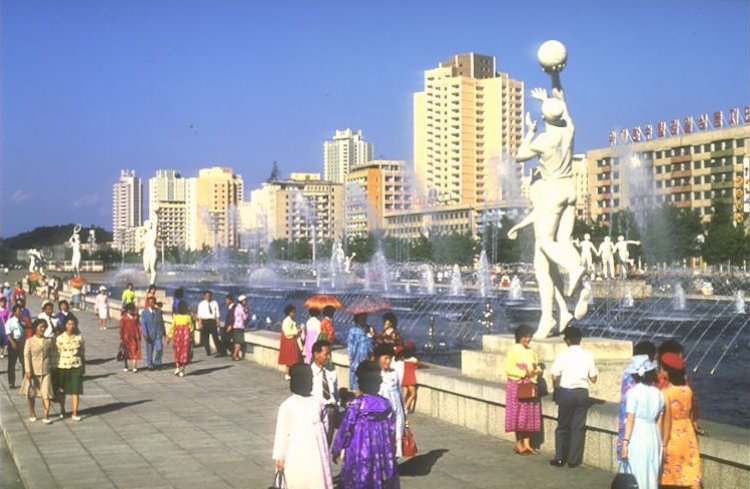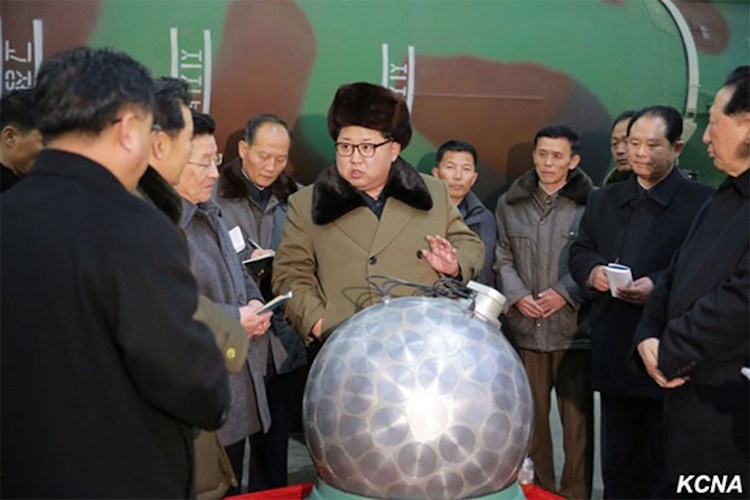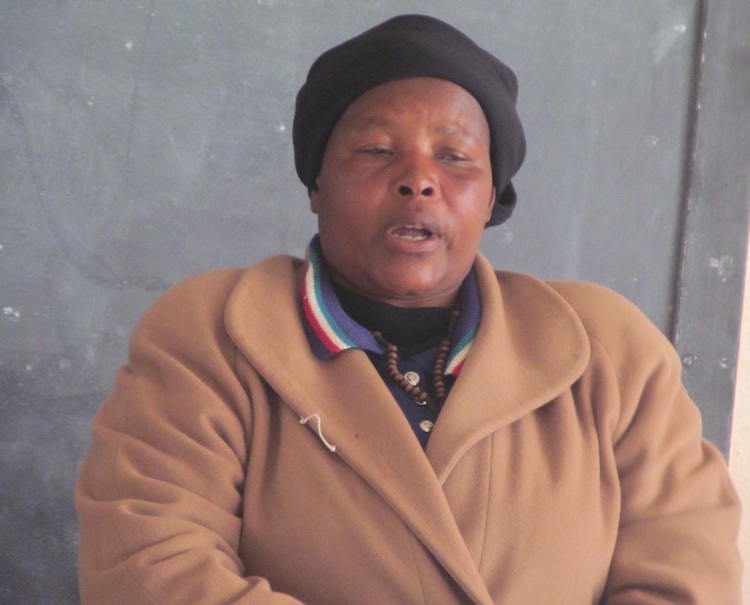Viewpoint by Nelsy Lizarazo*
QUITO (IDN) – I visited to San Pablo 15 years ago and it was clearly the poorest neighbourhood of Portoviejo, the regional capital of Manabí Province.
Then, there was no drinking water. Families could not even imagine the possibility of free basic education for all, and secondary education even less. You could not walk on the streets after 5 in the evening and the health centre had neither sufficient medical staff nor medicine to cover the neighbourhood’s needs.
I returned to San Pablo at the beginning of September this year.

